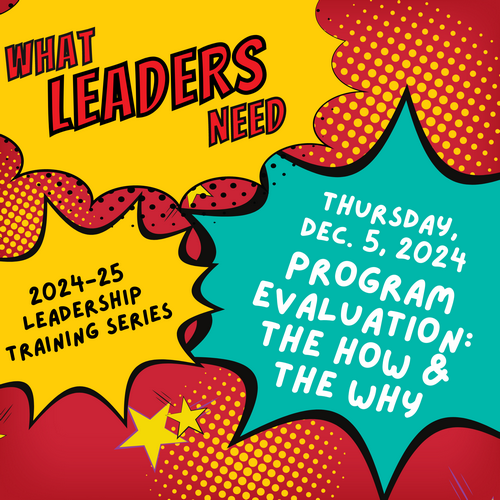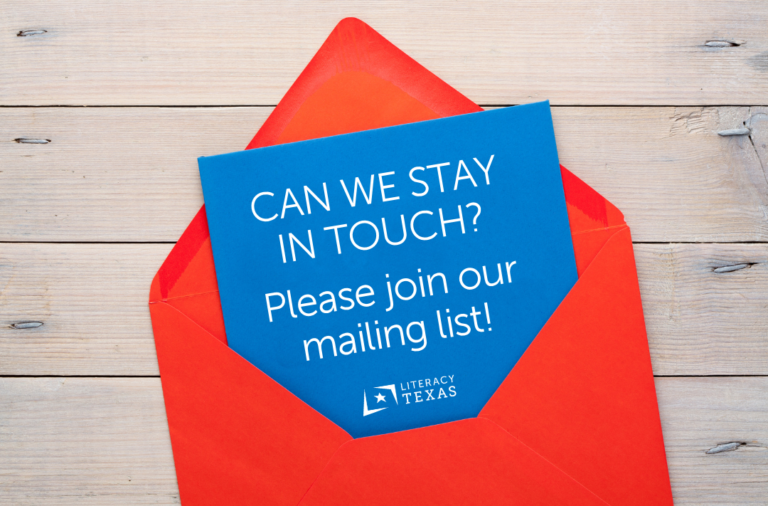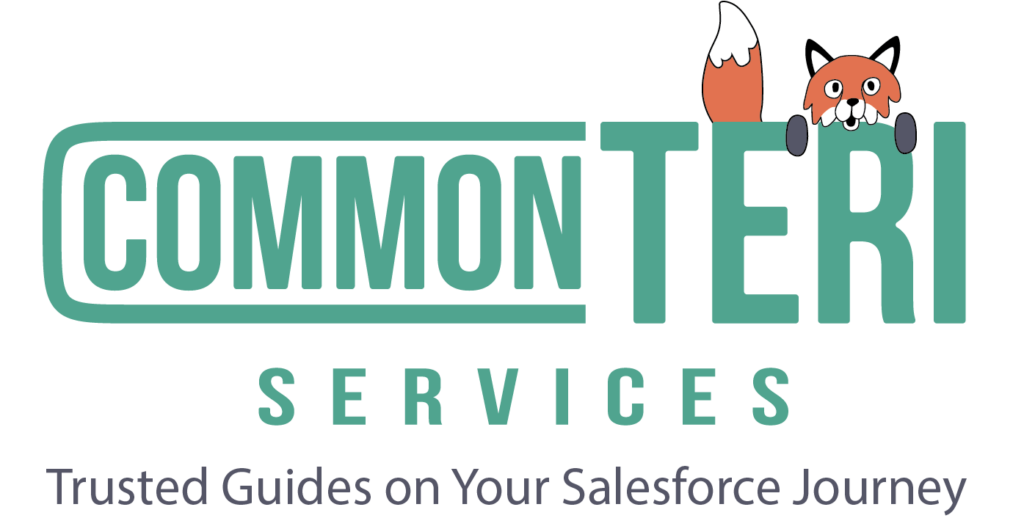Imagine finding the perfect house. You pull up to the curb and everything looks delightful – blooming azaleas in the front yard, leafy neighborhood, maybe a porch swing… After a walk-through with the realtor you’re more in love than ever. The house looks absolutely perfect. Right size kitchen, big bedrooms, a sunny living room – this is the one.
You talk to the realtor about making an offer and getting an inspection done. But –

“Oh no, the owner won’t allow an inspection,” she says with a smile. “You can just take our word for it that everything’s fine. You trust us, right?”
Say what?!
We wouldn’t make a major purchase without doing due diligence – ideally via an objective third party, an expert who can tell us exactly what we’re getting into. But across the US, non-profits do the equivalent every day – by making major programmatic decisions, and seeking funding and support, without presenting objective data and reliable program evaluation. A 2018 study found that a staggering 46% of nonprofit professionals said they do not consistently use data to make decisions.
If around half of us aren’t basing our decisions on data, how can we possibly tell our stories – of both success and challenges – in a reliable way? Do we want the public, prospective funders and other supporters just to “trust us” on the effectiveness of what we’re doing? Doesn’t trust have to be based on something solid?
Many nonprofits cite capacity as their reason for giving data and program evaluation a back seat. “We don’t have the time” or “We don’t have the staff.” Capacity is absolutely a challenge, and a real one. But can you afford to not spend the time on basic program evaluation? How many potential supporters are moving on to someone else because they couldn’t see the proof of your efficacy? How many decisions have you made based on what you thought you’d observed – but that might not be consistent or even correct at all? How much time do you end up wasting through lack of knowledge?
Similar reasons are often given for keeping evaluation in-house. In the adult literacy field, that shows up often in the form of testing – some community-based non-profits do measure student progress, but they use an in-house test to do it. Using our analogy from earlier – that’s like getting the home-owner to conduct their own inspection of the house they’re selling, and then giving you the results. Is it better than nothing? Sure. But wouldn’t an independent inspector’s take on the plumbing or the A/C make you feel more confident about the true state of things?
So – what should you do if you want to make 2024 the year you lift your data-gathering and program evaluation to new levels? There’s no time like the present – the sooner you start, the sooner you’ll have information you can really use.
The next session in our popular “What Leaders Need” series focuses on data and program evaluation. It’s taking place on Thursday, December 5 – and it’s filling FAST. Get info and claim your free spot today.
Can’t make it to the session? Try these resources:
This article from Social Solutions argues pretty convincingly that the five core areas you should focus on are:
- Data that will lead to more funding.
- Data that will prove your impact.
- Data that will tell your community’s stories.
- Data that will help you understand your setbacks.
- Data that will allow you to see your organization end-to-end.
And this article from Keela encourages us to:
- Collect data strategically
- Store data in a database
- Keep data clean
- Tell a story
- Involve everyone
Still want to learn a little more before you dive in? Try these:
- Drive Decision-Making With Quality Data (Trailhead)
- Why Data Analytics Matter for Nonprofits (G2)
- Seven Ways Data Changes How Nonprofits Conduct Business (Forbes)
- Becoming a Data-Driven Nonprofit: Transforming Your Organization at a Cultural Level (Neon One)
- Data Analytics for Nonprofit Staff 101: Introduction to Data Analytics (TechSoup course, $10)
- Using Data Analytics in Practice: What Does it Look Like and What Does It Take? (ProLiteracy)
This blog post originally appeared in January 2022.
Get Texas literacy updates
Join our mailing list so you don’t miss any news:
- Local and national literacy news
- Conference updates
- Regional symposia
- Best of Texas
- Advocacy
- …more!






